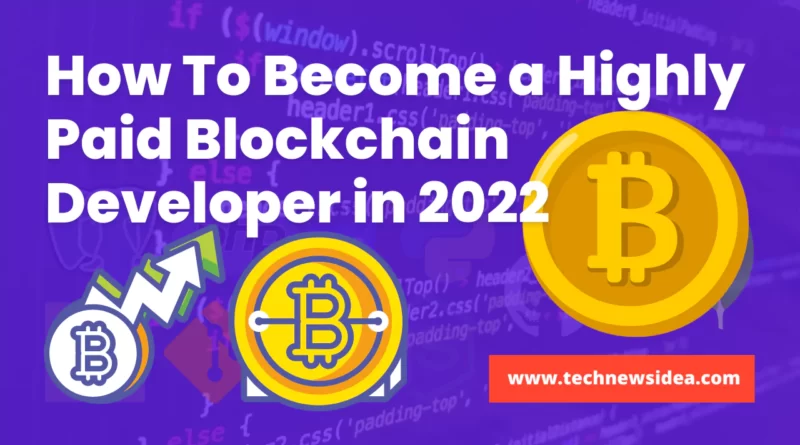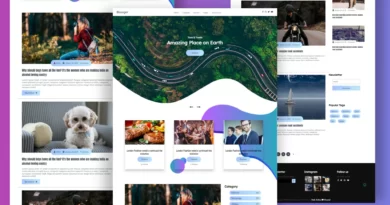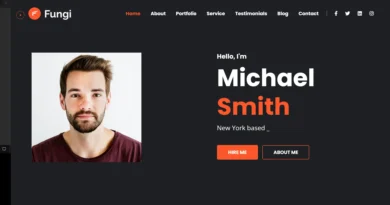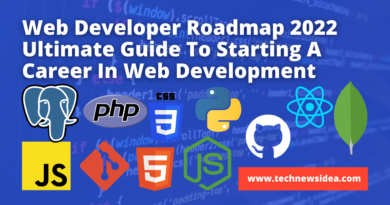Become a Highly Paid Blockchain Developer in 2024
In 2024, the demand for blockchain developers continues to skyrocket, making it a lucrative and promising career path. This guide will walk you through the steps to become a highly paid blockchain developer, even if you have no prior coding experience.
Opportunity in 2024:
- Blockchain technology is experiencing rapid growth, with new use cases emerging across various industries.
- Salaries for blockchain developers average around $154,000 per year, with ample opportunities for earning more.
Essential Skills for Blockchain Developers:
- Smart Contract Development: Mastering smart contracts is crucial, as they are the building blocks of blockchain-based applications.
- Decentralized Finance (DeFi): Explore opportunities in DeFi, such as creating decentralized lending platforms or trading bots.
- Non-Fungible Tokens (NFTs): Learn how to develop NFT platforms for digital collectibles, gaming assets, and more.
Why Blockchain?
- Decentralization: Blockchain offers decentralization, ensuring no single entity has control over the network.
- Transparency: Transactions on the blockchain are transparent and immutable, fostering trust among users.
Use Cases of Blockchain Technology:
- DeFi: Decentralized finance platforms enable users to access financial services without intermediaries.
- NFTs: Non-fungible tokens represent unique digital assets and have applications in gaming, art, and collectibles.
- Blockchain Gaming: Gaming platforms powered by blockchain offer players true ownership of in-game assets.
Roadmap to Becoming a Highly Paid Blockchain Developer:
- Learn the Fundamentals: Start with the basics of blockchain technology, including its principles and applications.
- Master Smart Contract Development: Dive into smart contract programming languages like Solidity and develop your own decentralized applications.
- Build a Portfolio: Showcase your skills by creating projects and contributing to open-source initiatives.
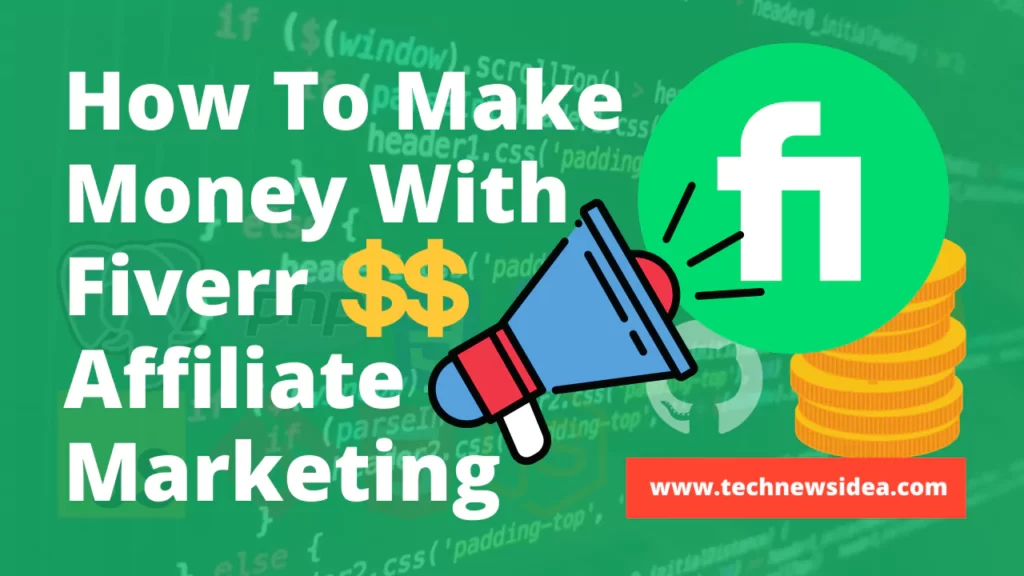
As blockchain technology continues to evolve rapidly in 2024, becoming a highly paid blockchain developer has never been more promising. This guide will outline the essential skills and strategies you need to excel in this dynamic field.
Choosing Your Path: Core vs. Application Development
- Core Developers: Specialize in building blockchain protocols and decentralized infrastructure.
- Application Developers: Focus on creating user-facing applications powered by smart contracts, such as decentralized exchanges (DEX) and NFT platforms.
Understanding Blockchain Applications:
- Smart Contracts: Programs living on the blockchain, facilitating various functionalities like asset trading and decentralized finance (DeFi).
- Frontend Development: Creating user interfaces for blockchain applications using HTML, CSS, and JavaScript.
- Backend Development: Handling server-side operations and interacting with smart contracts using programming languages like Solidity.
Real-World Examples: UniSwap and NFT Projects
- UniSwap: A decentralized exchange allowing users to trade cryptocurrencies directly from their wallets. It utilizes smart contracts for automated market-making.
- NFT Projects: Creating digital collectibles using smart contracts (ERC-721 standard) and storing associated metadata on the InterPlanetary File System (IPFS).
Skills Required:
Solidity: Primary language for writing smart contracts, compatible with various blockchain platforms.
Rust and C/C++: Growing in popularity for backend development, especially in ecosystems like Solana.
JavaScript: Essential for frontend development and interacting with blockchain networks using libraries like Web3.js.
Building Blockchain-Based Mobile Apps
Mobile Technologies: Choose between cross-platform frameworks like React Native or native development for iOS and Android.
Integration with Blockchain: Utilize JavaScript frameworks and libraries to communicate with smart contracts securely.
Choosing the Right Technologies:
Solidity: Ideal for smart contract development across multiple blockchain platforms, with widespread industry demand.
Rust and C/C++: Valuable for backend development, particularly in ecosystems like Solana.
JavaScript: Essential for frontend development and general-purpose tasks in blockchain application development.
Conclusion:
In the fast-paced world of blockchain development, mastering a combination of core technologies like Solidity and versatile languages like JavaScript is key to unlocking lucrative opportunities in 2024 and beyond. Whether you choose to specialize in core protocols or user-facing applications, continuous learning and adaptation will be your greatest assets in this ever-evolving field.
More Coming Soon!
More Queries:

